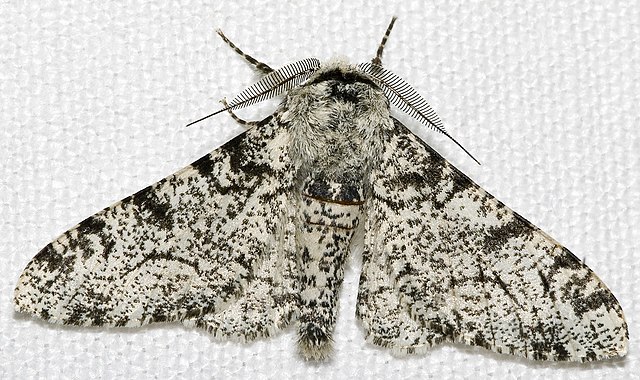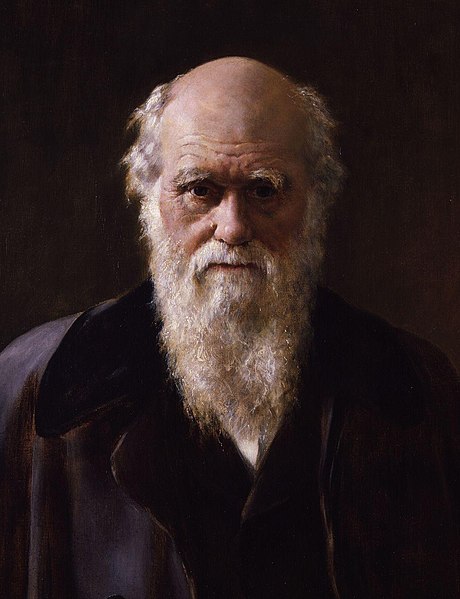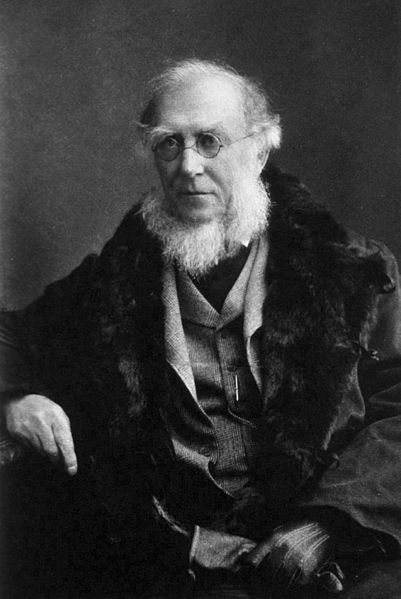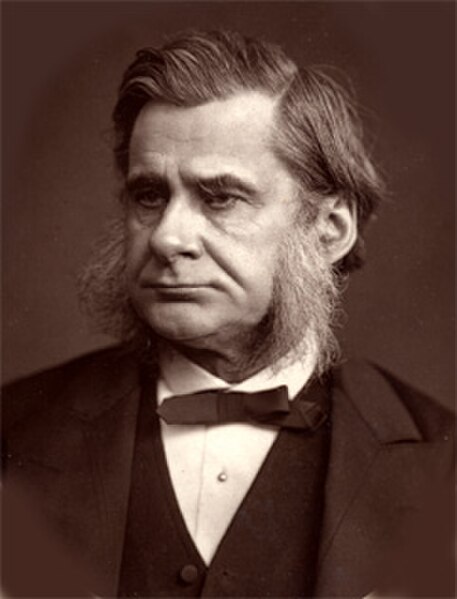Edmund Brisco "Henry" Ford was a British ecological geneticist. He was a leader among those British biologists who investigated the role of natural selection in nature. As a schoolboy Ford became interested in lepidoptera, the group of insects which includes butterflies and moths. He went on to study the genetics of natural populations, and invented the field of ecological genetics. Ford was awarded the Royal Society's Darwin Medal in 1954. In the wider world his best known work is Butterflies (1945).
Callimorpha dominula morpha typica with spread wings. Polymorphism in this species was investigated by Ford for many years. The red with black rear wings, revealed in flight, warn of its noxious taste. The front wings are cryptic, covering the rear wings at rest. Here the moth, on a human hand, is resting but alert, and has jinked the front wings forward to reveal the warning flash.
Biston betularia f. typica is the white-bodied form of the peppered moth.
Biston betularia f. carbonaria is the black-bodied form of the peppered moth.
The Darwin Medal is one of the medals awarded by the Royal Society for "distinction in evolution, biological diversity and developmental, population and organismal biology".
Charles Darwin
Image: Alfred Russel Wallace c 1895
Image: Joseph Dalton Hooker NLM3
Image: T.H.Huxley(Woodburytype)







